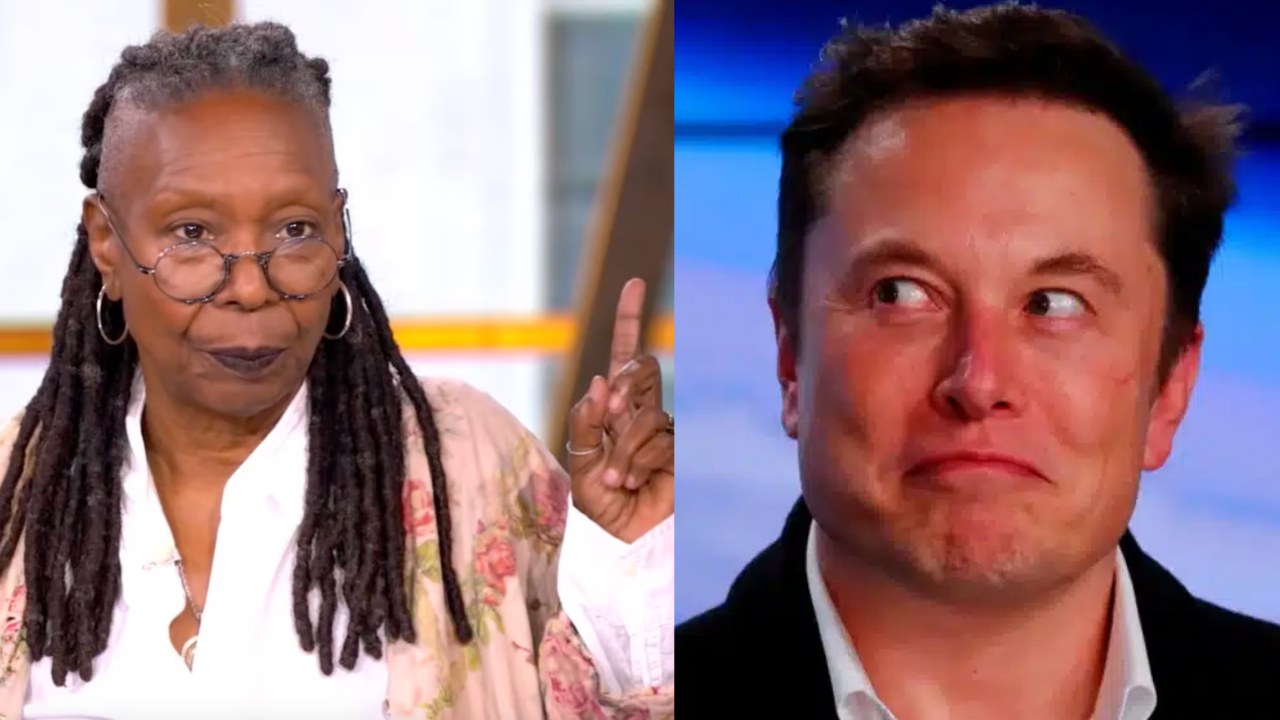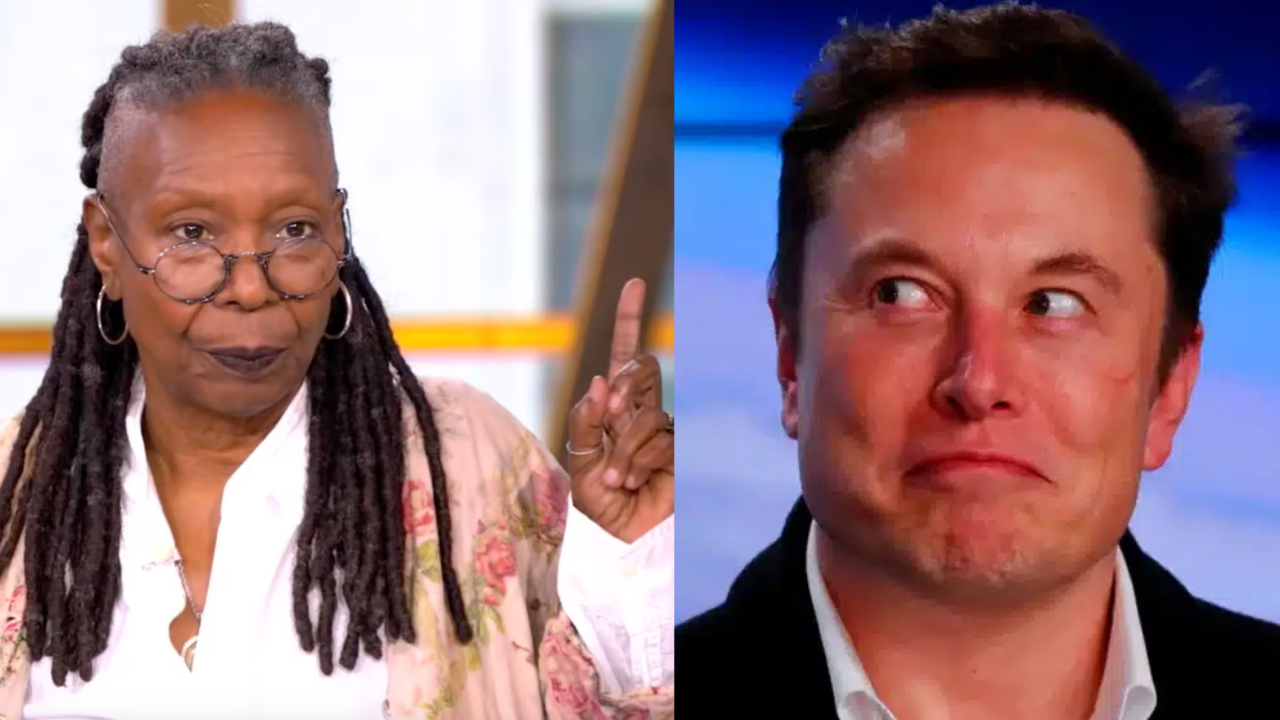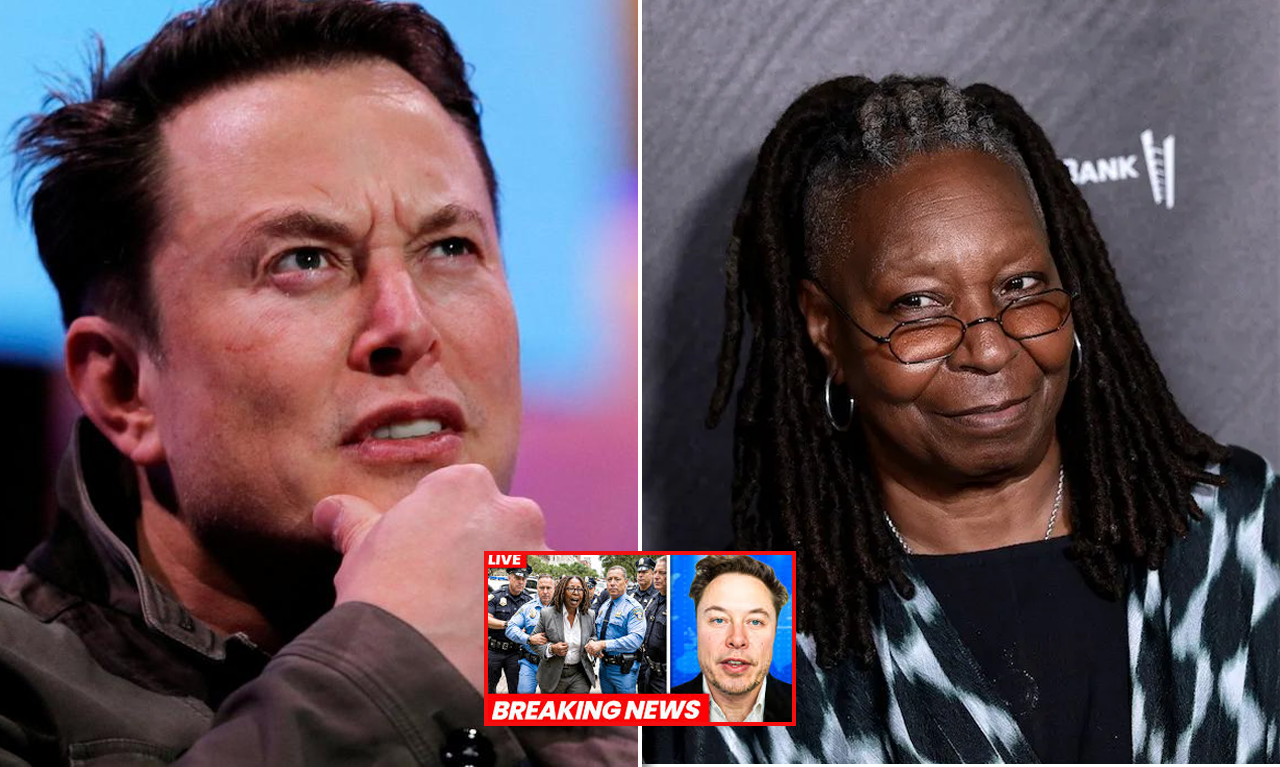In a fiery and highly charged public statement, actress and television host Whoopi Goldberg has once again thrown her hat into the ring of high-profile celebrity feuds, this time taking aim at tech billionaire Elon Musk. Known for her sharp wit and unapologetic takes on controversial topics, Goldberg has made headlines by criticizing Musk in a scathing manner, declaring, “He is a person who does not…” and leaving little room for ambiguity in her condemnation. The remark has sent shockwaves through both the entertainment and tech industries, sparking a nationwide debate that has people from all walks of life weighing in on the matter.
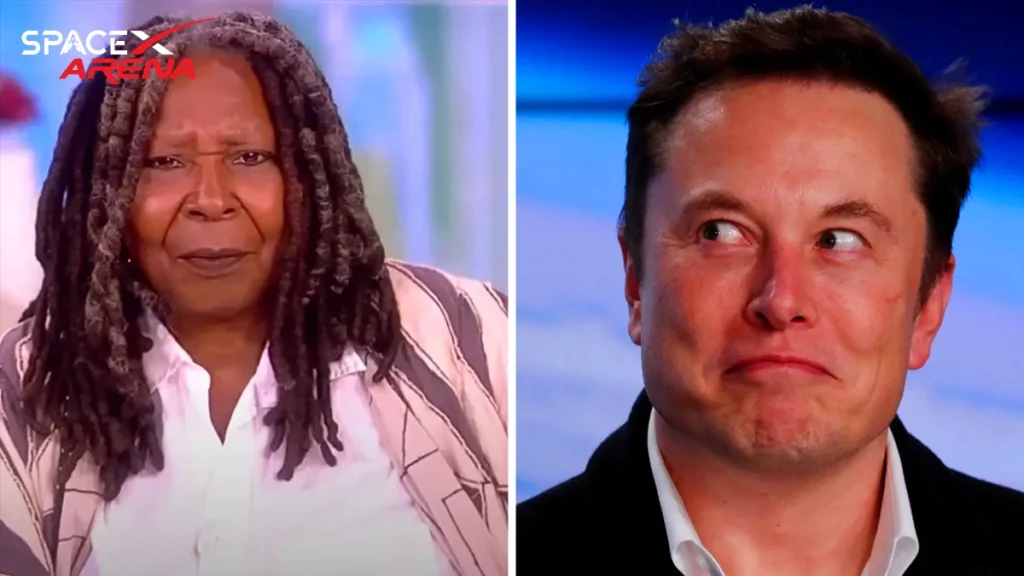
Whoopi Goldberg, a beloved figure in American pop culture and a prominent co-host on the daytime talk show The View, has never been one to shy away from sharing her opinions—no matter how unpopular they might be. From politics to social issues, Goldberg has been a vocal advocate for a range of causes, often using her platform to challenge public figures and institutions she believes to be in the wrong. Her latest target, Elon Musk, however, is not just any celebrity—he is one of the most influential figures in the tech world, a man who has amassed a fortune through ventures like Tesla, SpaceX, and Neuralink. Musk, whose eccentric personality and controversial actions have made him a polarizing figure, has frequently been the subject of both admiration and criticism.
Goldberg’s criticism comes on the heels of Musk’s own controversial remarks and actions, which have included everything from making bold statements on social media to challenging political figures and even sparking heated debates about the future of artificial intelligence and space exploration. Musk’s outspoken nature has earned him a loyal following, but it has also made him a target for many who view his approach to leadership, technology, and society as reckless or overly provocative. Goldberg, however, has taken a particularly sharp stance against him, publicly calling him out in a manner that has only fueled the flames of the ongoing rivalry between the two.
The exact context of Goldberg’s remarks centers around a growing divide in public opinion regarding Musk’s influence in the world of technology and his controversial stance on issues ranging from social media moderation to the future of electric vehicles. Goldberg, who is known for her liberal viewpoints, has expressed frustration with Musk’s outspoken politics, particularly his libertarian-leaning views and his involvement in high-profile political debates. Musk’s recent acquisition of Twitter (now X), for example, has drawn the ire of many who feel that his leadership will lead to a less accountable, more toxic social media environment. Goldberg, in particular, has spoken out about how Musk’s style of leadership can sometimes seem erratic or detrimental to the public good, and she has made it clear that she is not one to endorse his methods.
What makes Goldberg’s remarks particularly incendiary is the way she has framed Musk’s character. While she hasn’t necessarily labeled him as “evil” in the traditional sense, her statement that “he is a person who does not…” left the implication hanging, creating a sense of ambiguity and mystery around her true feelings about Musk. This has only added fuel to the fire, with fans and critics alike scrambling to interpret her words and decide for themselves whether Goldberg’s remarks are a justified critique or an unfair attack. Some of her detractors have accused her of engaging in a smear campaign against Musk, while others argue that she is simply speaking truth to power in a way that many others are afraid to do.
The public reaction to Goldberg’s comments has been swift and dramatic. On social media, the hashtag #WhoopiVsMusk quickly began trending, with both sides of the debate coming out in full force. Musk’s supporters have rallied behind him, accusing Goldberg of misunderstanding his intentions and calling her out for what they see as hypocritical criticism. They point to Musk’s many achievements, from his work on renewable energy to his space exploration endeavors, and argue that his boldness and willingness to challenge the status quo are qualities to be admired, not vilified.
On the other hand, Goldberg’s supporters have praised her for speaking out against what they perceive as Musk’s unchecked arrogance and reckless behavior. They argue that Musk’s approach to leadership—whether in the tech world or on social media—has often been damaging, particularly when it comes to issues like misinformation, corporate responsibility, and the way he has used his immense wealth and influence. Many believe that Goldberg’s remarks were not only a personal criticism of Musk’s character but also a broader commentary on the dangers of allowing such a polarizing figure to have so much power and control over global conversations.
The controversy has also sparked a larger, nationwide debate about the role of tech billionaires in shaping the future of society. Musk, along with other figures like Jeff Bezos and Mark Zuckerberg, has become a symbol of the immense power and influence that a small group of wealthy individuals hold over industries, economies, and even politics. As the conversation around income inequality, corporate monopolies, and the ethics of technology intensifies, Musk’s actions have come under increasing scrutiny. Some argue that figures like Goldberg are doing the public a service by holding these individuals accountable, while others feel that they are simply using their platforms to take cheap shots at successful entrepreneurs.

For Musk, this latest salvo in the ongoing culture war between him and other public figures is just another chapter in what has become a series of high-profile public disputes. His social media activity, in particular, has become a lightning rod for controversy, with Musk frequently engaging in back-and-forth exchanges with celebrities, politicians, and even his own critics. His comments on free speech, for example, have ignited fierce debates about the balance between protecting individuals’ rights to express themselves and preventing the spread of harmful misinformation.
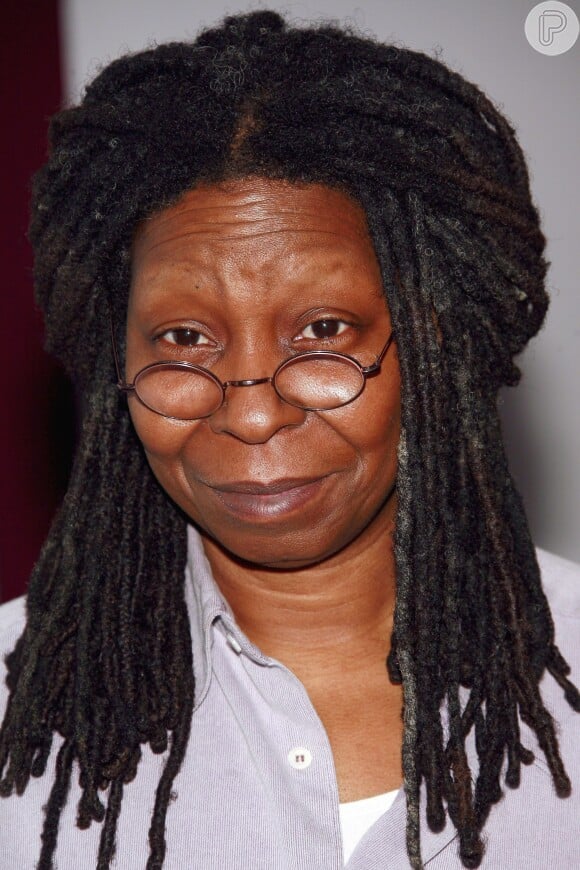
Goldberg’s remarks, while harsh, are part of a broader trend in which prominent public figures are increasingly willing to confront tech moguls head-on. As the debate over the ethical responsibilities of billionaires and their influence on society continues to intensify, this public spat between Goldberg and Musk is likely to be just one of many in the years to come. Whether this controversy will die down or escalate further remains to be seen, but one thing is certain: it has provided a fascinating glimpse into the ongoing struggle for power, influence, and moral authority in today’s society.
As both Goldberg and Musk continue to make waves in their respective fields, the public will undoubtedly be watching closely to see how this feud plays out. Will Musk respond in kind, or will he let Goldberg’s remarks slide, as he has done with other critics in the past? And what will this mean for the larger conversation about the responsibilities of the world’s wealthiest and most influential figures? Only time will tell, but one thing is clear: this controversy is far from over, and it’s only just beginning to heat up.

